MARS 2024
CHANGENOW - GRAND PALAIS EPHÉMÈRE - PARIS
" Après avoir mis en œuvre l'anthropocite en 2022, Caroline Desnoëttes revient à ChangeNOW avec un projet de R&D entre la recherche académique et l'application industrielle, utilisant l'art pour faire des ponts entre des institutions qui ne se parlaient pas : des centres de recherche sur les algues et l'industrie de la musique !
Œuvre d'art sonore, basée sur le vivant, l'installation low-tech de Caroline Desnoëttes projette les algues dans une autre dimension, et nous avec." Ronan de la Croix
Caroline Desnoëttes
VOX OCEANO gives a voice to the Ocean. At the heart of a vertical installation, like a column of water and marine algae, a turntable rotates a microgroove vinyl record made of algae, diffusing the delicate songs of whales and other cetaceans.
This persistent idea had tempted me for over three years; I had to find a way to implement it. Enjoying dialogue with scientists, I sought to surround myself with people capable of understanding my project: an ecological and poetic intention aimed at achieving a proof of concept.
My hypothesis was that by drawing inspiration from the history of sound recording media, I could demonstrate the possibility of the existence of an algae record: VOX OCEANO. This fragile and ephemeral medium evokes oceanic ecosystems..
VOX OCEANO invites a shift in our auditory perceptions with a rare and precious listening experience of a wilderness that is equally so. The artwork encourages alternative thinking, contrary to the record industry's pursuit of sound longevity.
VOX OCEANO stems from a two-year artistic residency at the University of Rennes with Jean-Luc Audic, a materials chemistry researcher. The whale songs and other cetacean sounds were recorded by Olivier Adam (Sorbonne), a bioacoustician I have collaborated with for several years. The artwork also resulted from a collaboration with Kevin Cascella (CNRS) and Philippe Potin from the Roscoff Biological Station (CNRS/Sorbonne) for expertise and algae collection. With this great team of scientists assembled, I had to convince companies to accompany me on this empirical and artistic adventure.
Methodology and Iterations
The initial material tests (using pellets) were conducted at the University of Rennes laboratory with brown or green algae. They allowed us to experiment with the material, heating and pressing it, yielding encouraging results of master imprints from MPO.
Then, at the Atelier des Matériaux Parisiens, the first discs were made in a steel mold, heated and pressed. After numerous tests, the pellets were finally shaped into 45 rpm records between a heated marble plate and a glass bottle.
The initial engraving tests of the whale song recordings, carried out at Discomaton, were particularly moving and promising. After, I created the 33 rpm record in my workshop, working the pellets with a mold and marble rollers. A long and delicate sanding process ensures better sound engraving.
From "La voix de son maître" to "Vox Oceano"
The series of VOX OCEANO records created for Change Now 2024 was engraved at Discomaton. It consists of 6 numbered, organic, and ephemeral copies. Each record is unique, sensitive to warm or humid environments. It immerses us in the depths of the ocean, listening to humpback whales, bowhead whales, belugas, and narwhals. It reminds us of the intimate relationship between whales and algae and the fragility of marine ecosystems.
VOX OCEANO is the result of intuition, reflection, patience, research, and development. This innovative, unique, and emblematic work is part of the history of sound recordings. It proposes a profound paradigm shift, from "La voix de son maître" (internationally known as His Master's Voice, HMV) to the voice of the ocean, necessitating a reconsideration of sound media from the 19th century to today. Initially tin, wax, or celluloid cylinders, then records with the invention of 78 rpm shellac, then vinyl and CDs with the advent of plastic, up to dematerialization with digital technology.
VOX OCEANO is an alternative to contemporary sound media; it is part of a biomimetic process of evolution and mutation that allows us to hear underwater life on a 100% natural and ephemeral medium.
- Santiago Lefebvre, Rose-May Lucotte et Kevin Tayebaly, founders of ChangeNOW
- Ronan de la Croix, curator of the exhibition: Déplier l'horizon
- The ChangeNOW team
- University of Rennes
- National school of chemistry of Rennes
- Institute of chemical science of Rennes
- Olivier Adam, professor at Sorbonne university, bio accoustician and special of professeur à Sorbonne université, bio acousticien, specialist in cetacean sound emissions
- Philippe Potin<, researcher at biological station of Roscoff (CNRS, Sorbonne)/li>
- Jean-Luc Audic, researcher et professor of materials chemistry at Institute of chemical science of Rennes
- Jean-José Wanegue, curator of the "week sound"
- Kevin Cascella
- Les Matériaux Parisiens
- Discomaton
- MPO
- Fabrice Gaboriau, Vincent Macher, Maximilien Bouger, Kate Shabut, photographers
-
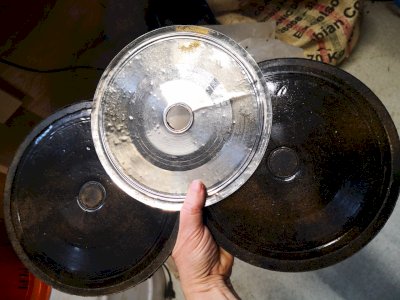
GRAND PALAIS EPHÉMÈRE
PARIS
INTERNATIONAL SUMMIT CHANGE NOW
VOX OCEANOClick to enlarge -
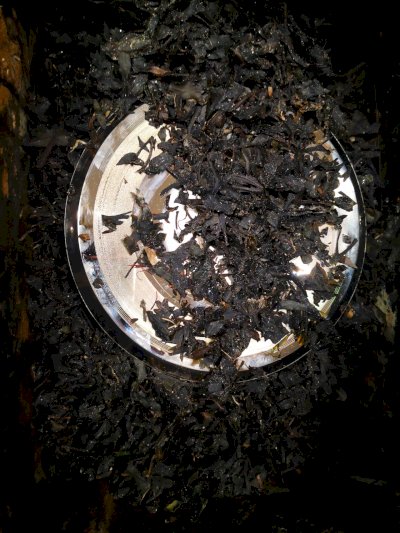
GRAND PALAIS EPHÉMÈRE
PARIS
INTERNATIONAL SUMMIT CHANGE NOW
VOX OCEANOClick to enlarge -
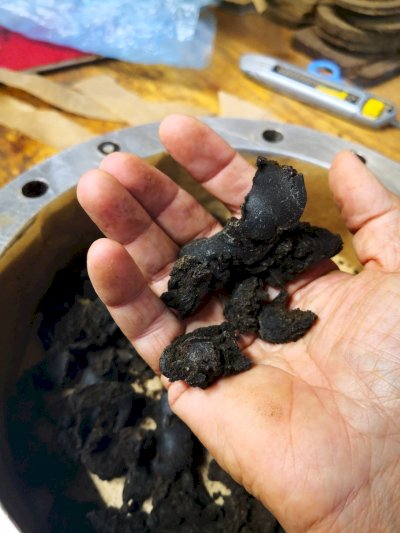
GRAND PALAIS EPHÉMÈRE
PARIS
INTERNATIONAL SUMMIT CHANGE NOW
VOX OCEANOClick to enlarge -
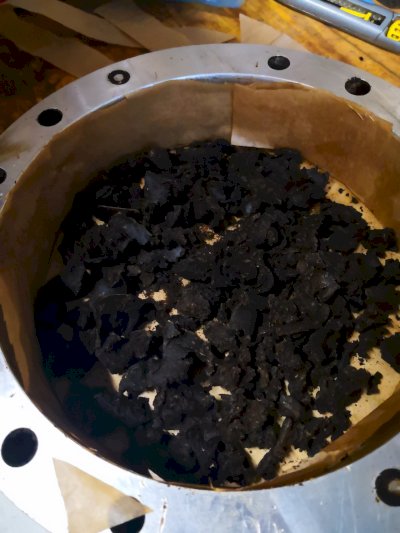
GRAND PALAIS EPHÉMÈRE
PARIS
INTERNATIONAL SUMMIT CHANGE NOW
VOX OCEANOClick to enlarge -
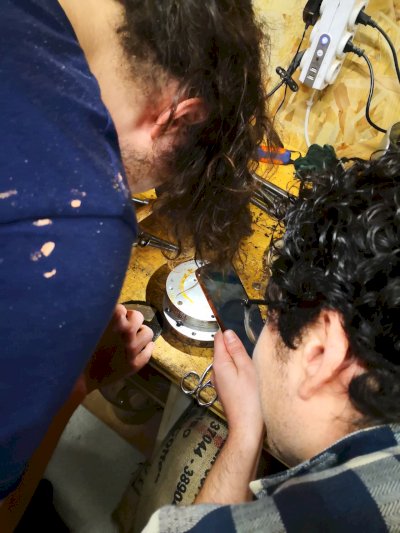
GRAND PALAIS EPHÉMÈRE
PARIS
INTERNATIONAL SUMMIT CHANGE NOW
VOX OCEANOClick to enlarge -
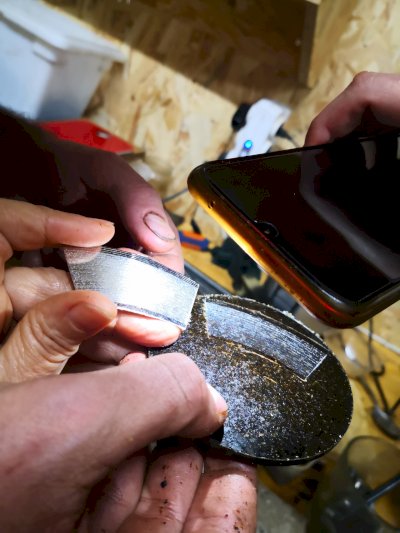
GRAND PALAIS EPHÉMÈRE
PARIS
INTERNATIONAL SUMMIT CHANGE NOW
VOX OCEANOClick to enlarge -
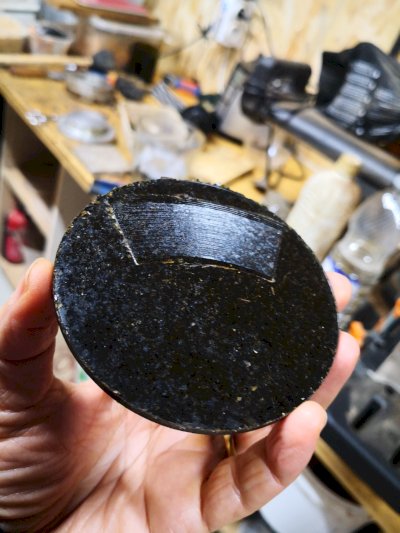
GRAND PALAIS EPHÉMÈRE
PARIS
INTERNATIONAL SUMMIT CHANGE NOW
VOX OCEANOClick to enlarge -
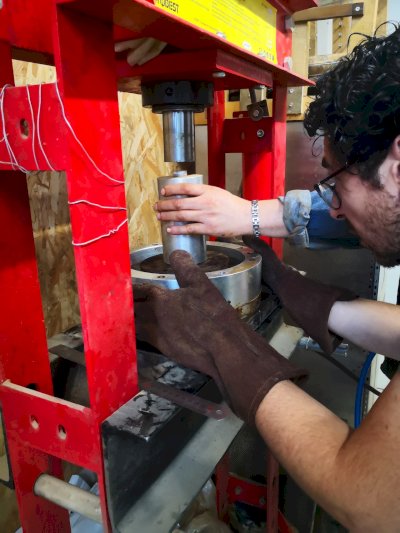
GRAND PALAIS EPHÉMÈRE
PARIS
INTERNATIONAL SUMMIT CHANGE NOW
VOX OCEANOClick to enlarge -
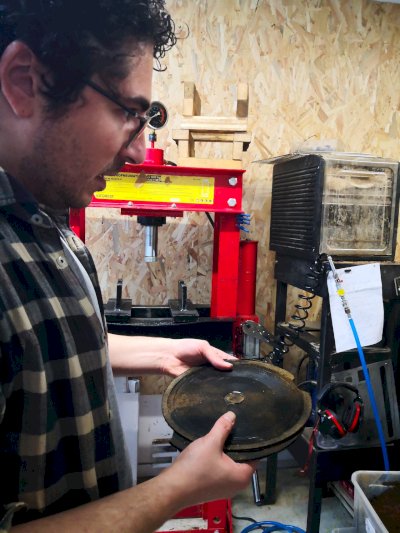
GRAND PALAIS EPHÉMÈRE
PARIS
INTERNATIONAL SUMMIT CHANGE NOW
VOX OCEANOClick to enlarge -
.jpg)
GRAND PALAIS EPHÉMÈRE
PARIS
INTERNATIONAL SUMMIT CHANGE NOW
VOX OCEANOClick to enlarge -
.jpg)
GRAND PALAIS EPHÉMÈRE
PARIS
INTERNATIONAL SUMMIT CHANGE NOW
VOX OCEANOClick to enlarge -
.jpg)
GRAND PALAIS EPHÉMÈRE
PARIS
INTERNATIONAL SUMMIT CHANGE NOW
VOX OCEANOClick to enlarge -
.jpg)
GRAND PALAIS EPHÉMÈRE
PARIS
INTERNATIONAL SUMMIT CHANGE NOW
VOX OCEANOClick to enlarge -
.jpg)
GRAND PALAIS EPHÉMÈRE
PARIS
INTERNATIONAL SUMMIT CHANGE NOW
VOX OCEANOClick to enlarge -
.jpg)
GRAND PALAIS EPHÉMÈRE
PARIS
INTERNATIONAL SUMMIT CHANGE NOW
VOX OCEANOClick to enlarge -
.jpg)
GRAND PALAIS EPHÉMÈRE
PARIS
INTERNATIONAL SUMMIT CHANGE NOW
VOX OCEANOClick to enlarge -
.jpg)
GRAND PALAIS EPHÉMÈRE
PARIS
INTERNATIONAL SUMMIT CHANGE NOW
VOX OCEANOClick to enlarge -
.jpg)
GRAND PALAIS EPHÉMÈRE
PARIS
INTERNATIONAL SUMMIT CHANGE NOW
VOX OCEANOClick to enlarge -
.jpg)
GRAND PALAIS EPHÉMÈRE
PARIS
INTERNATIONAL SUMMIT CHANGE NOW
VOX OCEANOClick to enlarge -
.jpg)
GRAND PALAIS EPHÉMÈRE
PARIS
INTERNATIONAL SUMMIT CHANGE NOW
VOX OCEANOClick to enlarge -
.jpg)
GRAND PALAIS EPHÉMÈRE
PARIS
INTERNATIONAL SUMMIT CHANGE NOW
VOX OCEANOClick to enlarge -
.jpg)
GRAND PALAIS EPHÉMÈRE
PARIS
INTERNATIONAL SUMMIT CHANGE NOW
VOX OCEANOClick to enlarge -
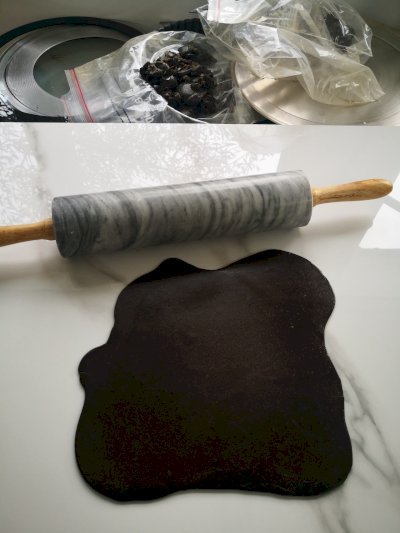
GRAND PALAIS EPHÉMÈRE
PARIS
INTERNATIONAL SUMMIT CHANGE NOW
VOX OCEANOClick to enlarge -
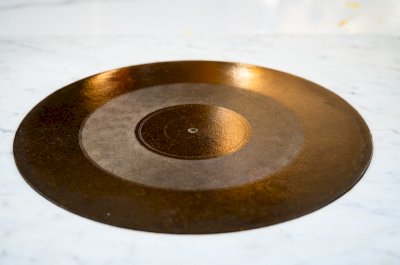
GRAND PALAIS EPHÉMÈRE
PARIS
INTERNATIONAL SUMMIT CHANGE NOW
VOX OCEANOClick to enlarge -
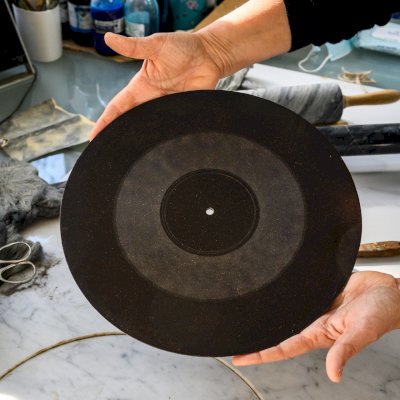
GRAND PALAIS EPHÉMÈRE
PARIS
INTERNATIONAL SUMMIT CHANGE NOW
VOX OCEANOClick to enlarge -
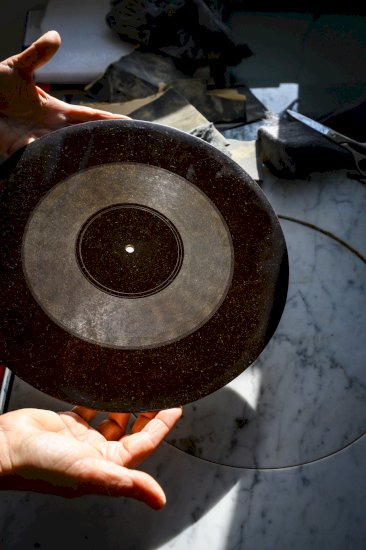
GRAND PALAIS EPHÉMÈRE
PARIS
INTERNATIONAL SUMMIT CHANGE NOW
VOX OCEANOClick to enlarge -
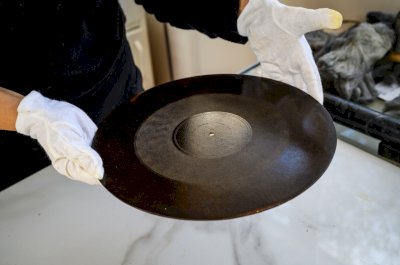
GRAND PALAIS EPHÉMÈRE
PARIS
INTERNATIONAL SUMMIT CHANGE NOW
VOX OCEANOClick to enlarge -
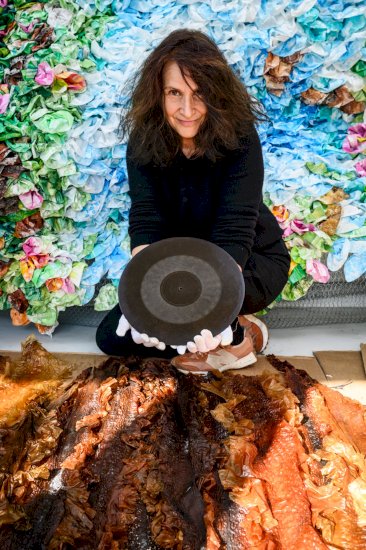
GRAND PALAIS EPHÉMÈRE
PARIS
INTERNATIONAL SUMMIT CHANGE NOW
VOX OCEANOClick to enlarge -
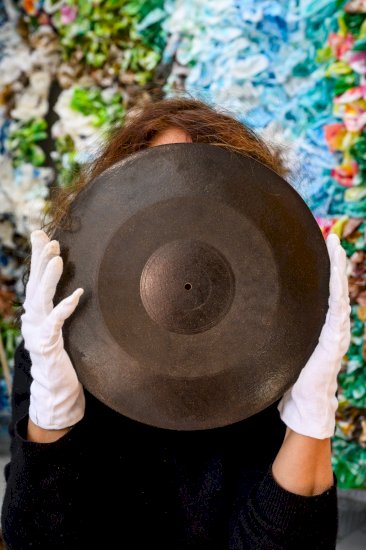
GRAND PALAIS EPHÉMÈRE
PARIS
INTERNATIONAL SUMMIT CHANGE NOW
VOX OCEANOClick to enlarge -
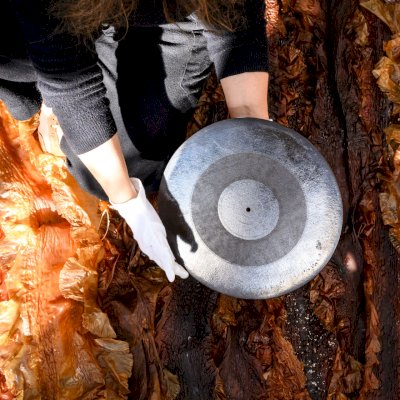
GRAND PALAIS EPHÉMÈRE
PARIS
INTERNATIONAL SUMMIT CHANGE NOW
VOX OCEANOClick to enlarge -
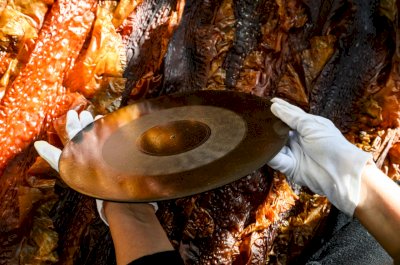
GRAND PALAIS EPHÉMÈRE
PARIS
INTERNATIONAL SUMMIT CHANGE NOW
VOX OCEANOClick to enlarge -
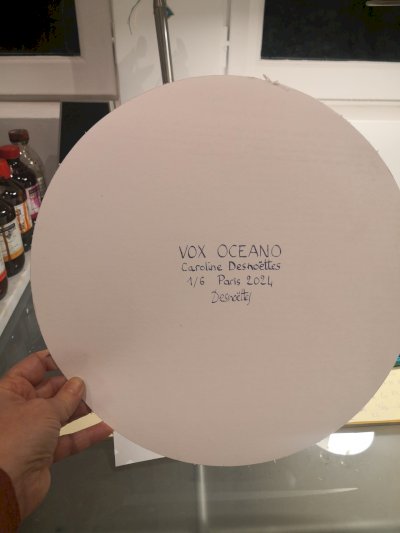
GRAND PALAIS EPHÉMÈRE
PARIS
INTERNATIONAL SUMMIT CHANGE NOW
VOX OCEANOClick to enlarge -
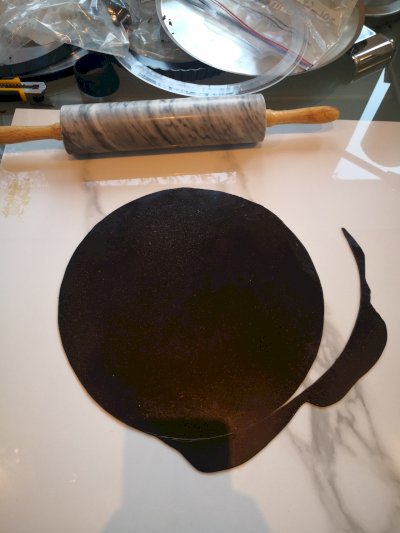
GRAND PALAIS EPHÉMÈRE
PARIS
INTERNATIONAL SUMMIT CHANGE NOW
VOX OCEANOClick to enlarge -
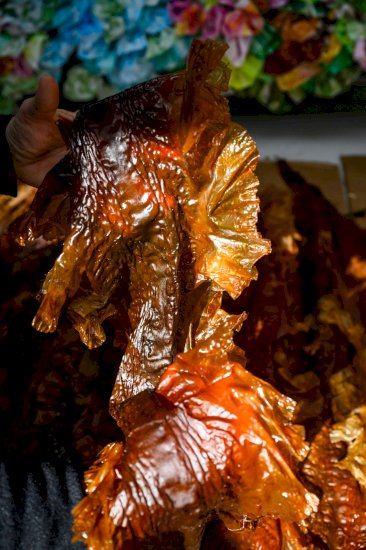
GRAND PALAIS EPHÉMÈRE
PARIS
INTERNATIONAL SUMMIT CHANGE NOW
VOX OCEANOClick to enlarge -

GRAND PALAIS EPHÉMÈRE
PARIS
INTERNATIONAL SUMMIT CHANGE NOW
VOX OCEANOClick to enlarge -
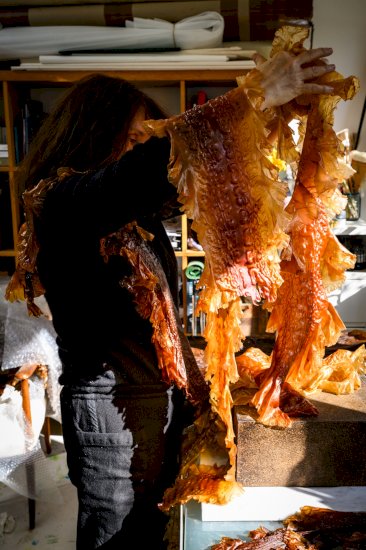
GRAND PALAIS EPHÉMÈRE
PARIS
INTERNATIONAL SUMMIT CHANGE NOW
VOX OCEANOClick to enlarge -
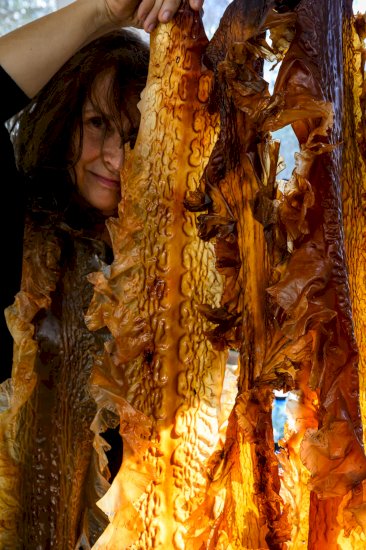
GRAND PALAIS EPHÉMÈRE
PARIS
INTERNATIONAL SUMMIT CHANGE NOW
VOX OCEANOClick to enlarge -
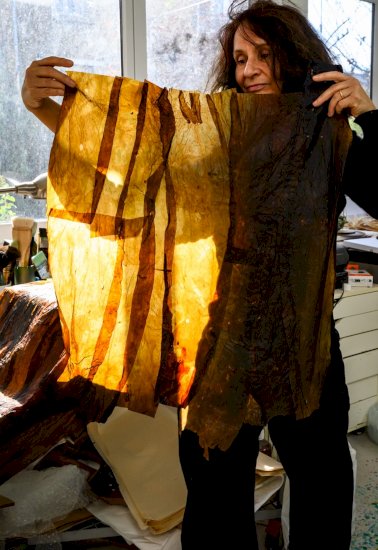
GRAND PALAIS EPHÉMÈRE
PARIS
INTERNATIONAL SUMMIT CHANGE NOW
VOX OCEANOClick to enlarge -
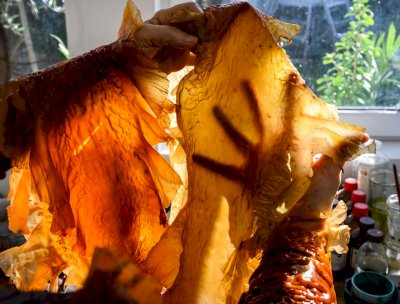
GRAND PALAIS EPHÉMÈRE
PARIS
INTERNATIONAL SUMMIT CHANGE NOW
VOX OCEANOClick to enlarge -
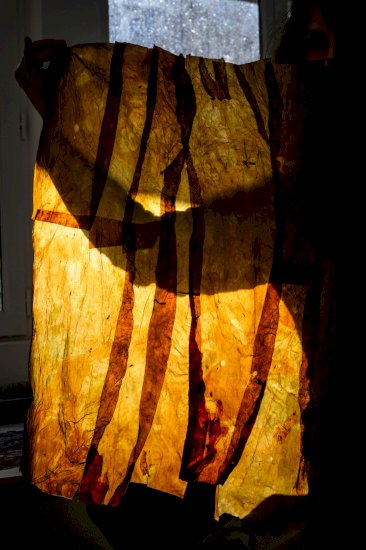
GRAND PALAIS EPHÉMÈRE
PARIS
INTERNATIONAL SUMMIT CHANGE NOW
VOX OCEANOClick to enlarge -
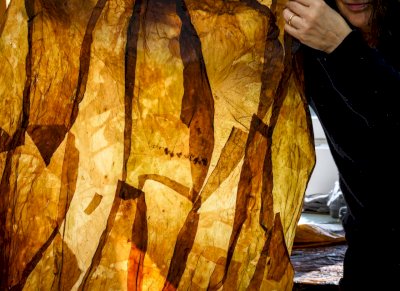
GRAND PALAIS EPHÉMÈRE
PARIS
INTERNATIONAL SUMMIT CHANGE NOW
VOX OCEANOClick to enlarge -
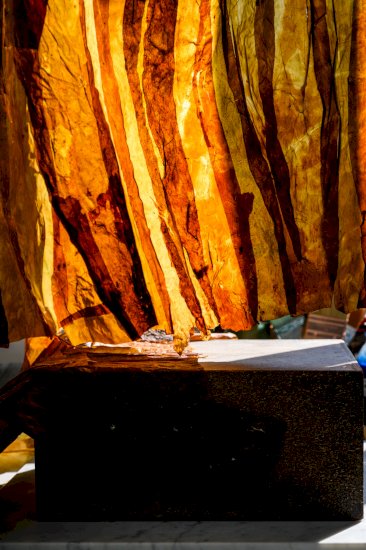
GRAND PALAIS EPHÉMÈRE
PARIS
INTERNATIONAL SUMMIT CHANGE NOW
VOX OCEANOClick to enlarge -
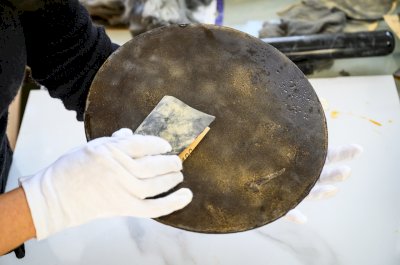
GRAND PALAIS EPHÉMÈRE
PARIS
INTERNATIONAL SUMMIT CHANGE NOW
VOX OCEANOClick to enlarge -
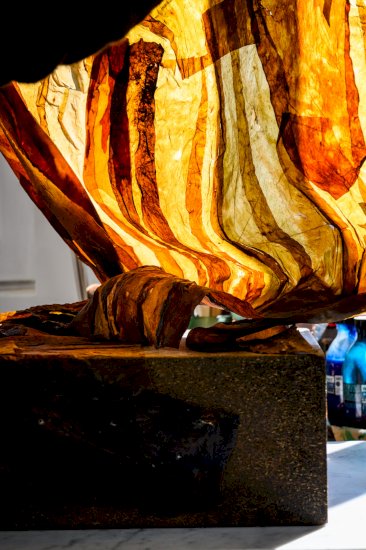
GRAND PALAIS EPHÉMÈRE
PARIS
INTERNATIONAL SUMMIT CHANGE NOW
VOX OCEANOClick to enlarge -
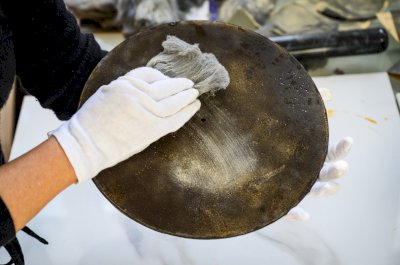
GRAND PALAIS EPHÉMÈRE
PARIS
INTERNATIONAL SUMMIT CHANGE NOW
VOX OCEANOClick to enlarge -
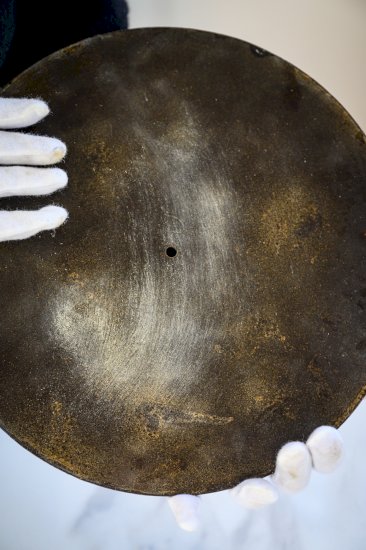
GRAND PALAIS EPHÉMÈRE
PARIS
INTERNATIONAL SUMMIT CHANGE NOW
VOX OCEANOClick to enlarge -
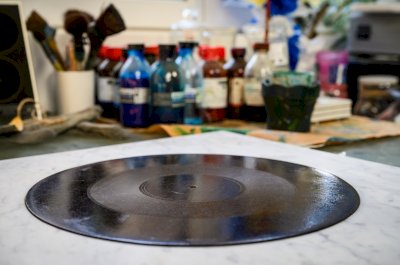
GRAND PALAIS EPHÉMÈRE
PARIS
INTERNATIONAL SUMMIT CHANGE NOW
VOX OCEANOClick to enlarge -
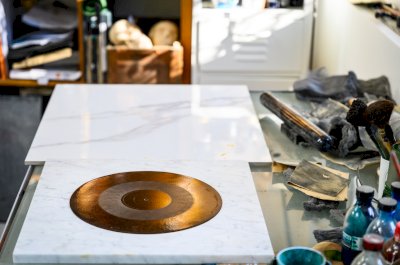
GRAND PALAIS EPHÉMÈRE
PARIS
INTERNATIONAL SUMMIT CHANGE NOW
VOX OCEANOClick to enlarge -
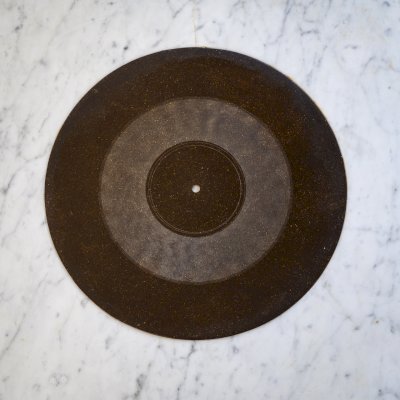
GRAND PALAIS EPHÉMÈRE
PARIS
INTERNATIONAL SUMMIT CHANGE NOW
VOX OCEANOClick to enlarge -
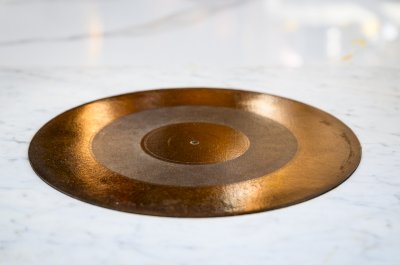
GRAND PALAIS EPHÉMÈRE
PARIS
INTERNATIONAL SUMMIT CHANGE NOW
VOX OCEANOClick to enlarge -
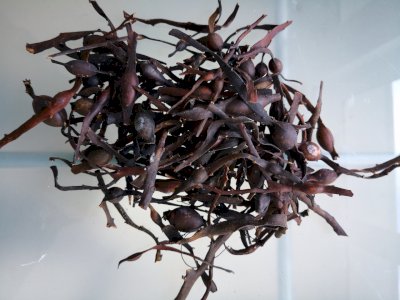
GRAND PALAIS EPHÉMÈRE
PARIS
INTERNATIONAL SUMMIT CHANGE NOW
VOX OCEANOClick to enlarge -
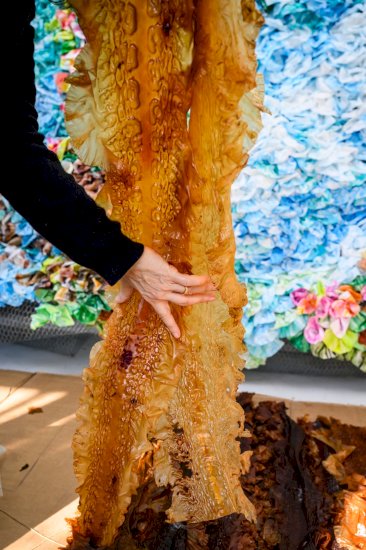
GRAND PALAIS EPHÉMÈRE
PARIS
INTERNATIONAL SUMMIT CHANGE NOW
VOX OCEANOClick to enlarge -
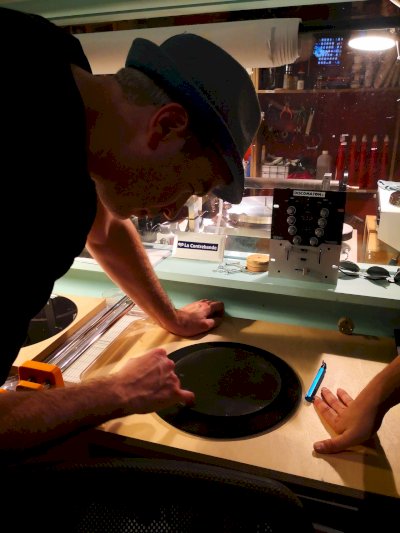
GRAND PALAIS EPHÉMÈRE
PARIS
INTERNATIONAL SUMMIT CHANGE NOW
VOX OCEANOClick to enlarge -
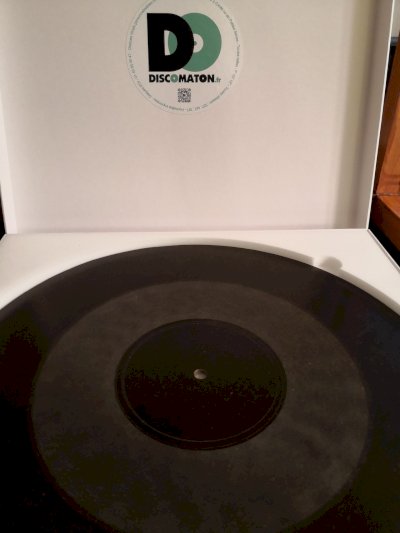
GRAND PALAIS EPHÉMÈRE
PARIS
INTERNATIONAL SUMMIT CHANGE NOW
VOX OCEANOClick to enlarge -
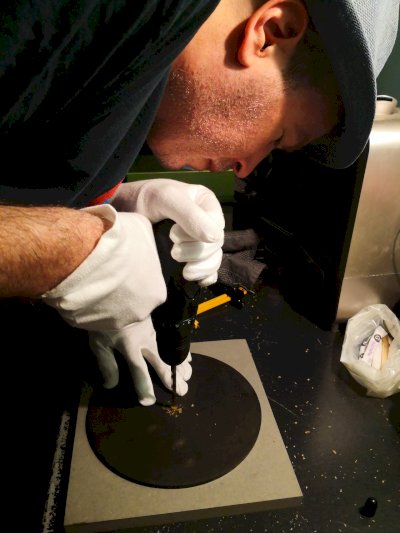
GRAND PALAIS EPHÉMÈRE
PARIS
INTERNATIONAL SUMMIT CHANGE NOW
VOX OCEANOClick to enlarge -
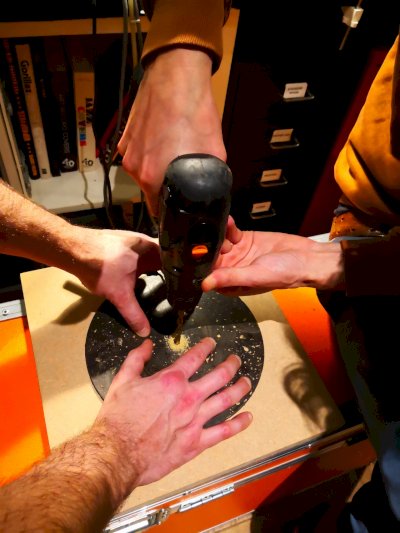
GRAND PALAIS EPHÉMÈRE
PARIS
INTERNATIONAL SUMMIT CHANGE NOW
VOX OCEANOClick to enlarge -
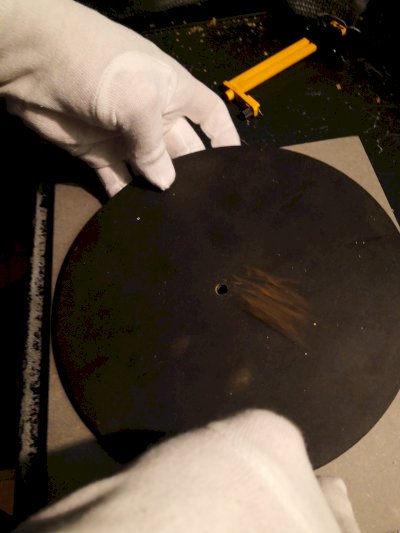
GRAND PALAIS EPHÉMÈRE
PARIS
INTERNATIONAL SUMMIT CHANGE NOW
VOX OCEANOClick to enlarge -
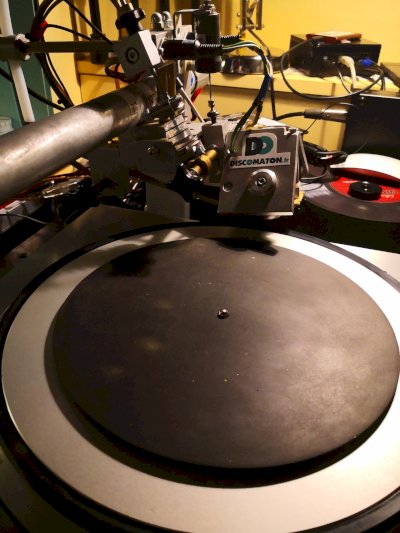
GRAND PALAIS EPHÉMÈRE
PARIS
INTERNATIONAL SUMMIT CHANGE NOW
VOX OCEANOClick to enlarge -
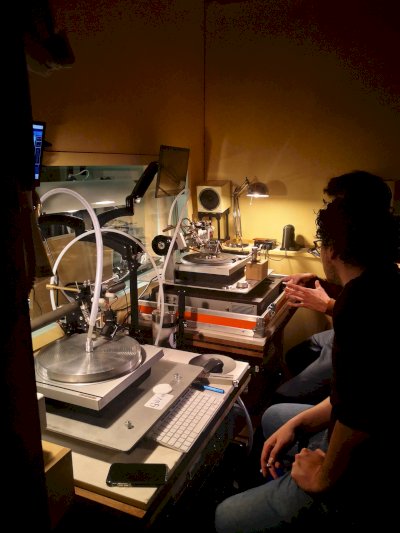
GRAND PALAIS EPHÉMÈRE
PARIS
INTERNATIONAL SUMMIT CHANGE NOW
VOX OCEANOClick to enlarge -
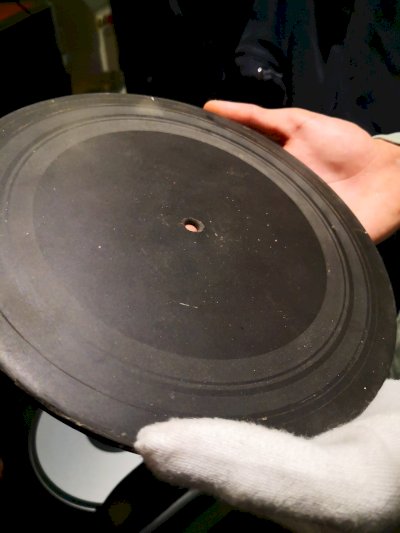
GRAND PALAIS EPHÉMÈRE
PARIS
INTERNATIONAL SUMMIT CHANGE NOW
VOX OCEANOClick to enlarge -
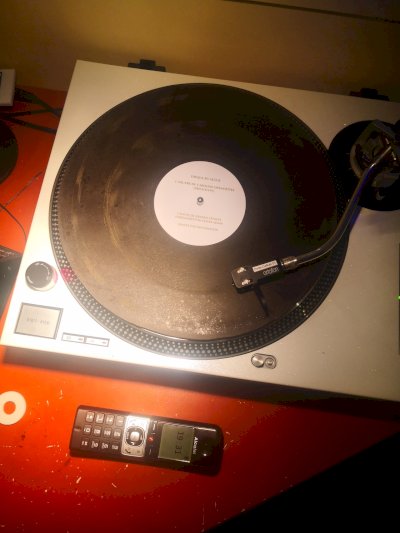
GRAND PALAIS EPHÉMÈRE
PARIS
INTERNATIONAL SUMMIT CHANGE NOW
VOX OCEANOClick to enlarge -
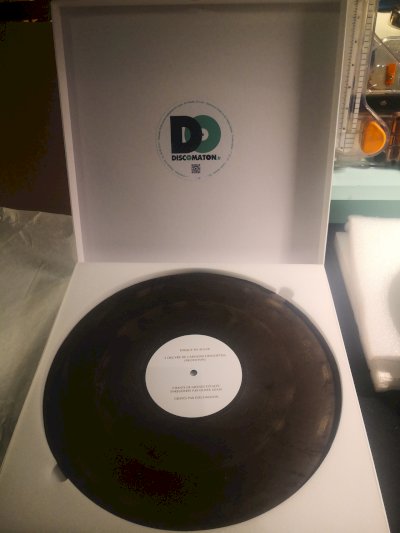
GRAND PALAIS EPHÉMÈRE
PARIS
INTERNATIONAL SUMMIT CHANGE NOW
VOX OCEANOClick to enlarge -
-2.jpg)
GRAND PALAIS EPHÉMÈRE
PARIS
INTERNATIONAL SUMMIT CHANGE NOW
VOX OCEANOClick to enlarge -
.jpg)
GRAND PALAIS EPHÉMÈRE
PARIS
INTERNATIONAL SUMMIT CHANGE NOW
VOX OCEANOClick to enlarge -
.jpg)
GRAND PALAIS EPHÉMÈRE
PARIS
INTERNATIONAL SUMMIT CHANGE NOW
VOX OCEANOClick to enlarge -
.jpg)
GRAND PALAIS EPHÉMÈRE
PARIS
INTERNATIONAL SUMMIT CHANGE NOW
VOX OCEANOClick to enlarge -
.jpg)
GRAND PALAIS EPHÉMÈRE
PARIS
INTERNATIONAL SUMMIT CHANGE NOW
VOX OCEANOClick to enlarge -
.jpg)
GRAND PALAIS EPHÉMÈRE
PARIS
INTERNATIONAL SUMMIT CHANGE NOW
VOX OCEANOClick to enlarge -
.jpg)
GRAND PALAIS EPHÉMÈRE
PARIS
INTERNATIONAL SUMMIT CHANGE NOW
VOX OCEANOClick to enlarge -
.jpg)
GRAND PALAIS EPHÉMÈRE
PARIS
INTERNATIONAL SUMMIT CHANGE NOW
VOX OCEANOClick to enlarge -
.jpg)
GRAND PALAIS EPHÉMÈRE
PARIS
INTERNATIONAL SUMMIT CHANGE NOW
VOX OCEANOClick to enlarge -
.jpg)
GRAND PALAIS EPHÉMÈRE
PARIS
INTERNATIONAL SUMMIT CHANGE NOW
VOX OCEANOClick to enlarge -
.jpg)
GRAND PALAIS EPHÉMÈRE
PARIS
INTERNATIONAL SUMMIT CHANGE NOW
VOX OCEANOClick to enlarge -
-1.jpg)
GRAND PALAIS EPHÉMÈRE
PARIS
INTERNATIONAL SUMMIT CHANGE NOW
VOX OCEANOClick to enlarge -
-2.jpg)
GRAND PALAIS EPHÉMÈRE
PARIS
INTERNATIONAL SUMMIT CHANGE NOW
VOX OCEANOClick to enlarge -
.jpg)
GRAND PALAIS EPHÉMÈRE
PARIS
INTERNATIONAL SUMMIT CHANGE NOW
VOX OCEANOClick to enlarge -
.jpg)
GRAND PALAIS EPHÉMÈRE
PARIS
INTERNATIONAL SUMMIT CHANGE NOW
VOX OCEANOClick to enlarge -
.jpg)
GRAND PALAIS EPHÉMÈRE
PARIS
INTERNATIONAL SUMMIT CHANGE NOW
VOX OCEANOClick to enlarge -
.jpg)
GRAND PALAIS EPHÉMÈRE
PARIS
INTERNATIONAL SUMMIT CHANGE NOW
VOX OCEANOClick to enlarge -
.jpg)
GRAND PALAIS EPHÉMÈRE
PARIS
INTERNATIONAL SUMMIT CHANGE NOW
VOX OCEANOClick to enlarge -
.jpg)
GRAND PALAIS EPHÉMÈRE
PARIS
INTERNATIONAL SUMMIT CHANGE NOW
VOX OCEANOClick to enlarge -
.jpg)
GRAND PALAIS EPHÉMÈRE
PARIS
INTERNATIONAL SUMMIT CHANGE NOW
VOX OCEANOClick to enlarge -
.jpg)
GRAND PALAIS EPHÉMÈRE
PARIS
INTERNATIONAL SUMMIT CHANGE NOW
VOX OCEANOClick to enlarge -
.jpg)
GRAND PALAIS EPHÉMÈRE
PARIS
INTERNATIONAL SUMMIT CHANGE NOW
VOX OCEANOClick to enlarge -
.jpg)
GRAND PALAIS EPHÉMÈRE
PARIS
INTERNATIONAL SUMMIT CHANGE NOW
VOX OCEANOClick to enlarge -
-1.jpg)
GRAND PALAIS EPHÉMÈRE
PARIS
INTERNATIONAL SUMMIT CHANGE NOW
VOX OCEANOClick to enlarge -
.jpg)
GRAND PALAIS EPHÉMÈRE
PARIS
INTERNATIONAL SUMMIT CHANGE NOW
VOX OCEANOClick to enlarge -
.jpg)
GRAND PALAIS EPHÉMÈRE
PARIS
INTERNATIONAL SUMMIT CHANGE NOW
VOX OCEANOClick to enlarge -
.jpg)
GRAND PALAIS EPHÉMÈRE
PARIS
INTERNATIONAL SUMMIT CHANGE NOW
VOX OCEANOClick to enlarge -
.jpg)
GRAND PALAIS EPHÉMÈRE
PARIS
INTERNATIONAL SUMMIT CHANGE NOW
VOX OCEANOClick to enlarge -
.jpg)
GRAND PALAIS EPHÉMÈRE
PARIS
INTERNATIONAL SUMMIT CHANGE NOW
VOX OCEANOClick to enlarge -
.jpg)
GRAND PALAIS EPHÉMÈRE
PARIS
INTERNATIONAL SUMMIT CHANGE NOW
VOX OCEANOClick to enlarge -
.jpg)
GRAND PALAIS EPHÉMÈRE
PARIS
INTERNATIONAL SUMMIT CHANGE NOW
VOX OCEANOClick to enlarge -
.jpg)
GRAND PALAIS EPHÉMÈRE
PARIS
INTERNATIONAL SUMMIT CHANGE NOW
VOX OCEANOClick to enlarge -
.jpg)
GRAND PALAIS EPHÉMÈRE
PARIS
INTERNATIONAL SUMMIT CHANGE NOW
VOX OCEANOClick to enlarge -
.jpg)
GRAND PALAIS EPHÉMÈRE
PARIS
INTERNATIONAL SUMMIT CHANGE NOW
VOX OCEANOClick to enlarge -
.jpg)
GRAND PALAIS EPHÉMÈRE
PARIS
INTERNATIONAL SUMMIT CHANGE NOW
VOX OCEANOClick to enlarge -
-1.jpg)
GRAND PALAIS EPHÉMÈRE
PARIS
INTERNATIONAL SUMMIT CHANGE NOW
VOX OCEANOClick to enlarge -
.jpg)
GRAND PALAIS EPHÉMÈRE
PARIS
INTERNATIONAL SUMMIT CHANGE NOW
VOX OCEANOClick to enlarge -
.jpg)
GRAND PALAIS EPHÉMÈRE
PARIS
INTERNATIONAL SUMMIT CHANGE NOW
VOX OCEANOClick to enlarge -
.jpg)
GRAND PALAIS EPHÉMÈRE
PARIS
INTERNATIONAL SUMMIT CHANGE NOW
VOX OCEANOClick to enlarge -
.jpg)
GRAND PALAIS EPHÉMÈRE
PARIS
INTERNATIONAL SUMMIT CHANGE NOW
VOX OCEANOClick to enlarge -
.jpg)
GRAND PALAIS EPHÉMÈRE
PARIS
INTERNATIONAL SUMMIT CHANGE NOW
VOX OCEANOClick to enlarge -
.jpg)
GRAND PALAIS EPHÉMÈRE
PARIS
INTERNATIONAL SUMMIT CHANGE NOW
VOX OCEANOClick to enlarge -
.jpg)
GRAND PALAIS EPHÉMÈRE
PARIS
INTERNATIONAL SUMMIT CHANGE NOW
VOX OCEANOClick to enlarge -
.jpg)
GRAND PALAIS EPHÉMÈRE
PARIS
INTERNATIONAL SUMMIT CHANGE NOW
VOX OCEANOClick to enlarge -
.jpg)
GRAND PALAIS EPHÉMÈRE
PARIS
INTERNATIONAL SUMMIT CHANGE NOW
VOX OCEANOClick to enlarge -
.jpg)
GRAND PALAIS EPHÉMÈRE
PARIS
INTERNATIONAL SUMMIT CHANGE NOW
VOX OCEANOClick to enlarge -
.jpg)
GRAND PALAIS EPHÉMÈRE
PARIS
INTERNATIONAL SUMMIT CHANGE NOW
VOX OCEANOClick to enlarge -
-1.jpg)
GRAND PALAIS EPHÉMÈRE
PARIS
INTERNATIONAL SUMMIT CHANGE NOW
VOX OCEANOClick to enlarge -
.jpg)
GRAND PALAIS EPHÉMÈRE
PARIS
INTERNATIONAL SUMMIT CHANGE NOW
VOX OCEANOClick to enlarge -
.jpg)
GRAND PALAIS EPHÉMÈRE
PARIS
INTERNATIONAL SUMMIT CHANGE NOW
VOX OCEANOClick to enlarge -
.jpg)
GRAND PALAIS EPHÉMÈRE
PARIS
INTERNATIONAL SUMMIT CHANGE NOW
VOX OCEANOClick to enlarge -
.jpg)
GRAND PALAIS EPHÉMÈRE
PARIS
INTERNATIONAL SUMMIT CHANGE NOW
VOX OCEANOClick to enlarge -
.jpg)
GRAND PALAIS EPHÉMÈRE
PARIS
INTERNATIONAL SUMMIT CHANGE NOW
VOX OCEANOClick to enlarge -
.jpg)
GRAND PALAIS EPHÉMÈRE
PARIS
INTERNATIONAL SUMMIT CHANGE NOW
VOX OCEANOClick to enlarge -
.jpg)
GRAND PALAIS EPHÉMÈRE
PARIS
INTERNATIONAL SUMMIT CHANGE NOW
VOX OCEANOClick to enlarge -
.jpg)
GRAND PALAIS EPHÉMÈRE
PARIS
INTERNATIONAL SUMMIT CHANGE NOW
VOX OCEANOClick to enlarge -
.jpg)
GRAND PALAIS EPHÉMÈRE
PARIS
INTERNATIONAL SUMMIT CHANGE NOW
VOX OCEANOClick to enlarge -
.jpg)
GRAND PALAIS EPHÉMÈRE
PARIS
INTERNATIONAL SUMMIT CHANGE NOW
VOX OCEANOClick to enlarge -
.jpg)
GRAND PALAIS EPHÉMÈRE
PARIS
INTERNATIONAL SUMMIT CHANGE NOW
VOX OCEANOClick to enlarge -
-1.jpg)
GRAND PALAIS EPHÉMÈRE
PARIS
INTERNATIONAL SUMMIT CHANGE NOW
VOX OCEANOClick to enlarge -
.jpg)
GRAND PALAIS EPHÉMÈRE
PARIS
INTERNATIONAL SUMMIT CHANGE NOW
VOX OCEANOClick to enlarge -
.jpg)
GRAND PALAIS EPHÉMÈRE
PARIS
INTERNATIONAL SUMMIT CHANGE NOW
VOX OCEANOClick to enlarge -
.jpg)
GRAND PALAIS EPHÉMÈRE
PARIS
INTERNATIONAL SUMMIT CHANGE NOW
VOX OCEANOClick to enlarge -
.jpg)
GRAND PALAIS EPHÉMÈRE
PARIS
INTERNATIONAL SUMMIT CHANGE NOW
VOX OCEANOClick to enlarge -
.jpg)
GRAND PALAIS EPHÉMÈRE
PARIS
INTERNATIONAL SUMMIT CHANGE NOW
VOX OCEANOClick to enlarge -
.jpg)
GRAND PALAIS EPHÉMÈRE
PARIS
INTERNATIONAL SUMMIT CHANGE NOW
VOX OCEANOClick to enlarge -
.jpg)
GRAND PALAIS EPHÉMÈRE
PARIS
INTERNATIONAL SUMMIT CHANGE NOW
VOX OCEANOClick to enlarge -
.jpg)
GRAND PALAIS EPHÉMÈRE
PARIS
INTERNATIONAL SUMMIT CHANGE NOW
VOX OCEANOClick to enlarge -
.jpg)
GRAND PALAIS EPHÉMÈRE
PARIS
INTERNATIONAL SUMMIT CHANGE NOW
VOX OCEANOClick to enlarge -
.jpg)
GRAND PALAIS EPHÉMÈRE
PARIS
INTERNATIONAL SUMMIT CHANGE NOW
VOX OCEANOClick to enlarge -
.jpg)
GRAND PALAIS EPHÉMÈRE
PARIS
INTERNATIONAL SUMMIT CHANGE NOW
VOX OCEANOClick to enlarge -
.jpg)
GRAND PALAIS EPHÉMÈRE
PARIS
INTERNATIONAL SUMMIT CHANGE NOW
VOX OCEANOClick to enlarge -
.jpg)
GRAND PALAIS EPHÉMÈRE
PARIS
INTERNATIONAL SUMMIT CHANGE NOW
VOX OCEANOClick to enlarge -
.jpg)
GRAND PALAIS EPHÉMÈRE
PARIS
INTERNATIONAL SUMMIT CHANGE NOW
VOX OCEANOClick to enlarge -
.jpg)
GRAND PALAIS EPHÉMÈRE
PARIS
INTERNATIONAL SUMMIT CHANGE NOW
VOX OCEANOClick to enlarge -
.jpg)
GRAND PALAIS EPHÉMÈRE
PARIS
INTERNATIONAL SUMMIT CHANGE NOW
VOX OCEANOClick to enlarge -
.jpg)
GRAND PALAIS EPHÉMÈRE
PARIS
INTERNATIONAL SUMMIT CHANGE NOW
VOX OCEANOClick to enlarge -
.jpg)
GRAND PALAIS EPHÉMÈRE
PARIS
INTERNATIONAL SUMMIT CHANGE NOW
VOX OCEANOClick to enlarge -
.jpg)
GRAND PALAIS EPHÉMÈRE
PARIS
INTERNATIONAL SUMMIT CHANGE NOW
VOX OCEANOClick to enlarge -
.jpg)
GRAND PALAIS EPHÉMÈRE
PARIS
INTERNATIONAL SUMMIT CHANGE NOW
VOX OCEANOClick to enlarge -
.jpg)
GRAND PALAIS EPHÉMÈRE
PARIS
INTERNATIONAL SUMMIT CHANGE NOW
VOX OCEANOClick to enlarge -
.jpg)
GRAND PALAIS EPHÉMÈRE
PARIS
INTERNATIONAL SUMMIT CHANGE NOW
VOX OCEANOClick to enlarge -
.jpg)
GRAND PALAIS EPHÉMÈRE
PARIS
INTERNATIONAL SUMMIT CHANGE NOW
VOX OCEANOClick to enlarge -
.jpg)
GRAND PALAIS EPHÉMÈRE
PARIS
INTERNATIONAL SUMMIT CHANGE NOW
VOX OCEANOClick to enlarge -
.jpg)
GRAND PALAIS EPHÉMÈRE
PARIS
INTERNATIONAL SUMMIT CHANGE NOW
VOX OCEANOClick to enlarge -
.jpg)
GRAND PALAIS EPHÉMÈRE
PARIS
INTERNATIONAL SUMMIT CHANGE NOW
VOX OCEANOClick to enlarge -
.jpg)
GRAND PALAIS EPHÉMÈRE
PARIS
INTERNATIONAL SUMMIT CHANGE NOW
VOX OCEANOClick to enlarge -
.jpg)
GRAND PALAIS EPHÉMÈRE
PARIS
INTERNATIONAL SUMMIT CHANGE NOW
VOX OCEANOClick to enlarge -
.jpg)
GRAND PALAIS EPHÉMÈRE
PARIS
INTERNATIONAL SUMMIT CHANGE NOW
VOX OCEANOClick to enlarge -
.jpg)
GRAND PALAIS EPHÉMÈRE
PARIS
INTERNATIONAL SUMMIT CHANGE NOW
VOX OCEANOClick to enlarge -
.jpg)
GRAND PALAIS EPHÉMÈRE
PARIS
INTERNATIONAL SUMMIT CHANGE NOW
VOX OCEANOClick to enlarge -
.jpg)
GRAND PALAIS EPHÉMÈRE
PARIS
INTERNATIONAL SUMMIT CHANGE NOW
VOX OCEANOClick to enlarge -
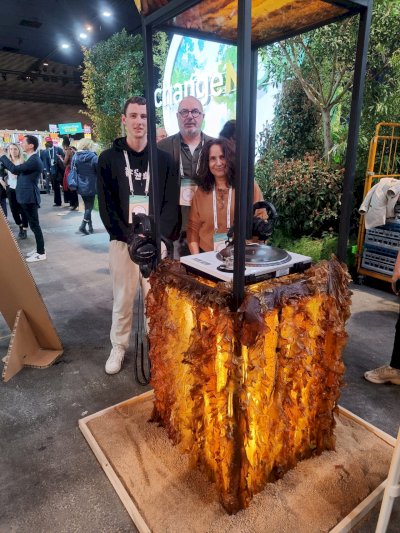
GRAND PALAIS EPHÉMÈRE
PARIS
INTERNATIONAL SUMMIT CHANGE NOW
VOX OCEANOClick to enlarge
desnoettes@gmail.com
+33 6 63 79 53 71
Solenn de la Croix:
+33 6 67 02 05 26
solenn.dlcroix@gmail.com